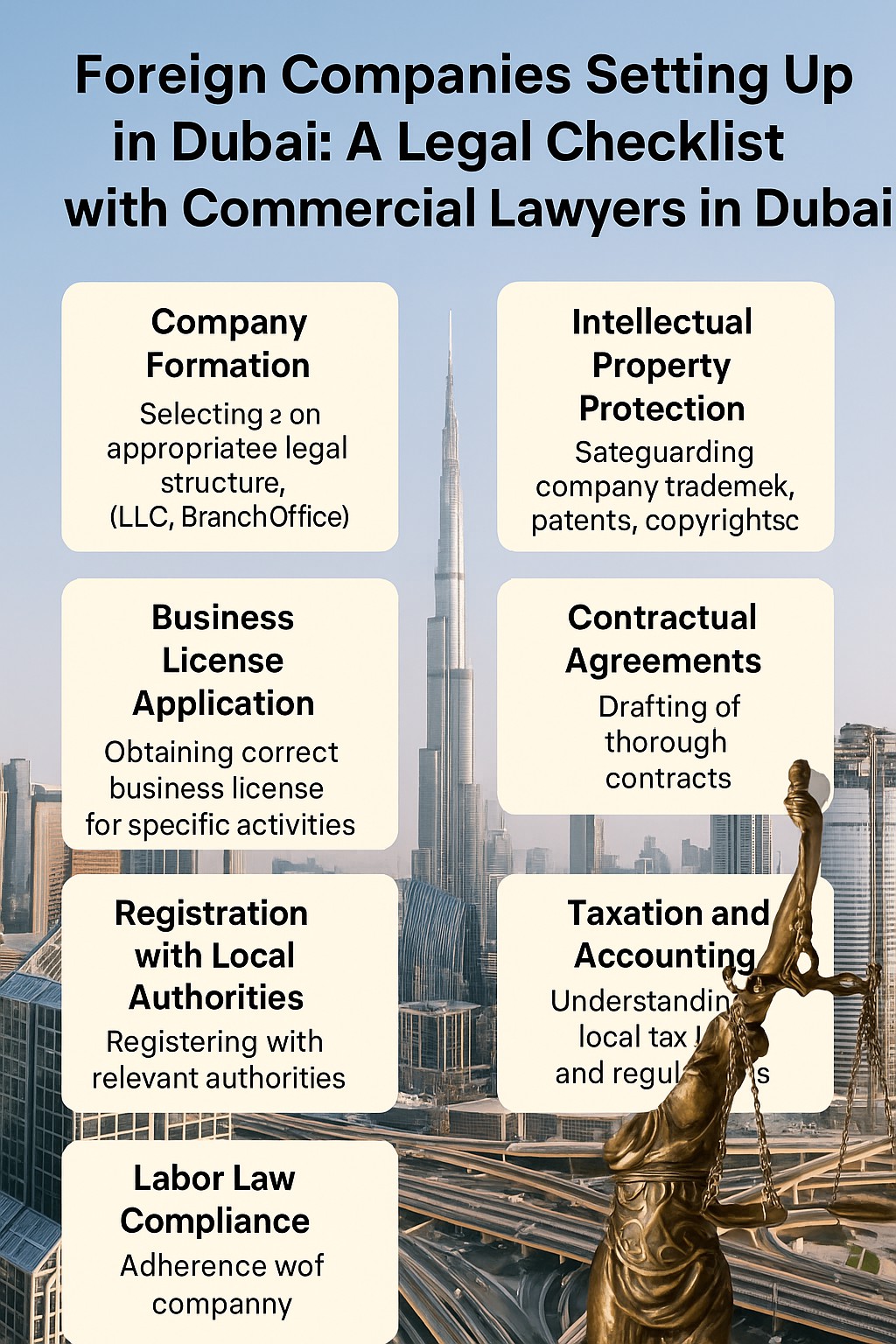Published: Jan. 10, 2025
Last Updated: Jan. 10, 2025

Arbitration clauses are a standard feature of commercial agreements in Dubai, providing an expedited procedure for resolving disputes outside traditional court systems. However, noncompliance with these conditions can have serious legal and financial ramifications for the parties concerned. The UAE's Federal Arbitration Law (Federal Law No. 6 of 2018) controls the enforcement and scope of such clauses, ensuring their validity and efficiency.
Enforceability of Arbitration Clauses
Arbitration clauses in commercial agreements are considered legally binding under UAE law. Courts in Dubai accept and enforce these terms if they meet the formal requirements of the law, such as being in writing and signed by both parties. Noncompliance with an arbitration clause, such as beginning court proceedings rather than arbitration, may result in the case being dismissed by the court. This delay can lead to higher costs and longer dispute resolution times.
Delays and Procedural Complications
Failing to adhere to an arbitration clause can create unnecessary delays and procedural complications. Courts may refer the dispute back to arbitration if a valid clause exists, which means the non-compliant party must start over in the arbitration process. Such delays can disrupt business operations and damage professional relationships.
Legal and Financial Penalties
Non-compliance can lead to negative cost implications. The non-compliant party may be ordered to pay the legal costs incurred by the other party in enforcing the arbitration clause. In some cases, the arbitration tribunal may impose added penalties or boycotts for non-compliance, further increasing the financial burden.
Impact on Credibility and Reputation
In a business intersection like Dubai, non-compliance with contractual obligations, including arbitration clauses, can harm a company's reputation. Such actions may signal bad faith or an unwillingness to honour agreements, which can deter future partnerships and collaborations.
Risk of Unenforceable Judgments
If a party bypasses arbitration and obtains a court judgment, the judgment may be unenforceable in jurisdictions that recognize the arbitration clause. This can render the entire legal process ineffective, leading to wasted time and resources.
Compliance with arbitration clauses is not just a legal obligation but a practical necessity in Dubai’s commercial environment. Law firms in Dubai specializing in arbitration law play a crucial part in advising clients on adhering to these clauses and navigating the legal complexities surrounding arbitration disputes. Ensuring compliance fosters trust, efficiency, and favourable outcomes in commercial relationships






